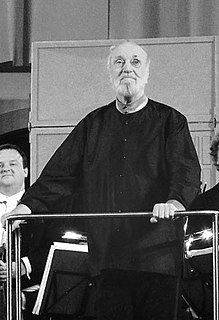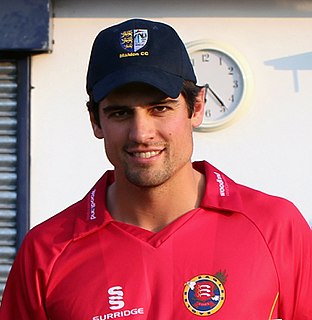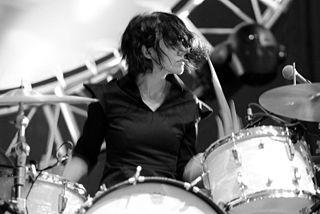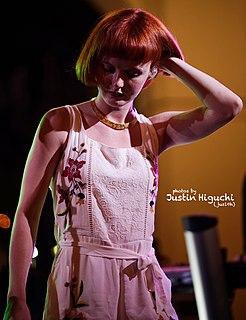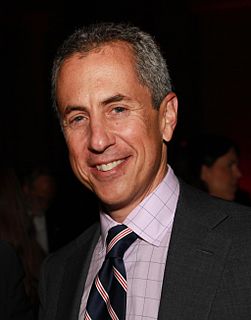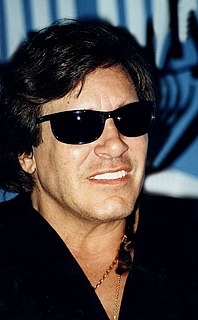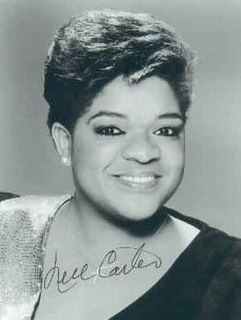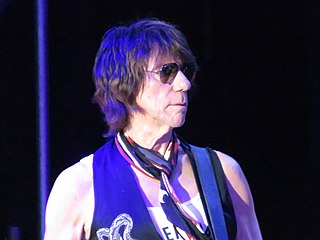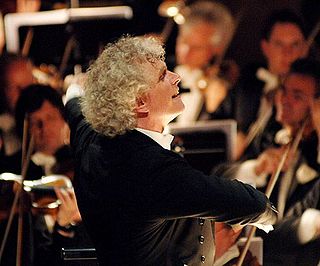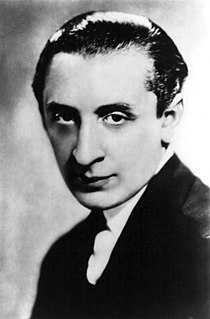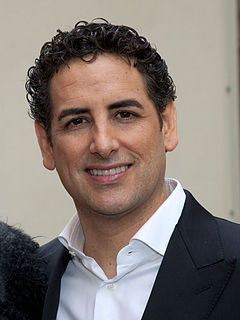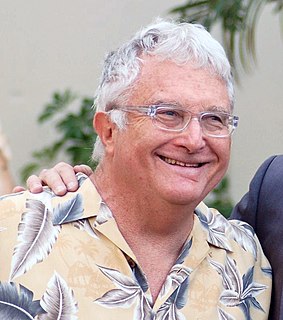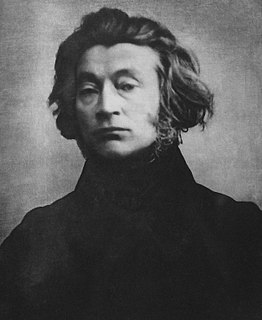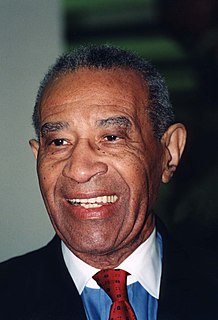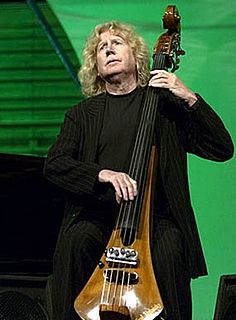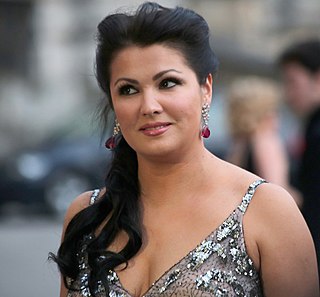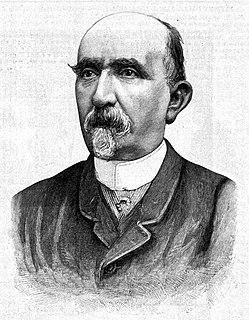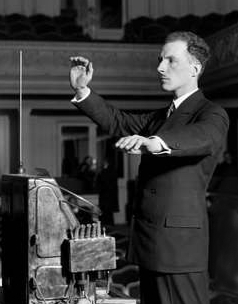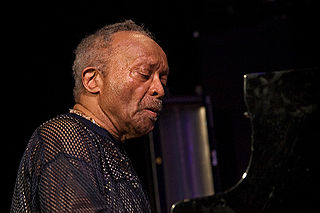Top 568 Orchestra Quotes & Sayings
Explore popular Orchestra quotes.
Last updated on April 14, 2025.
The brain is more than an assemblage of autonomous modules, each crucial for a specific mental function. Every one of these functionally specialized areas must interact with dozens or hundreds of others, their total integration creating something like a vastly complicated orchestra with thousands of instruments, an orchestra that conducts itself, with an ever-changing score and repertoire.
There is something about the live performance of an orchestra that makes it very different to a film. With a film, you can rewrite it in a way with the material you have, and in rehearsals, you're really trying out different things. In an orchestra, you can't do that. They separate as soon as the performance factor comes into play.
The great myth is the manager as orchestra conductor. It's this idea of standing on a pedestal and you wave your baton and accounting comes in, and you wave it somewhere else and marketing chimes in with accounting, and they all sound very glorious. But management is more like orchestra conducting during rehearsals, when everything is going wrong.
I was in orchestra in high school, but I really started when a friend of mine who's a drummer showed me some things. I was always just really fascinated with drums, it was the instrument I was always drawn towards. My ear sort of went to rhythmic aspects of music and songs. But he really was the beginning point of starting me on drum sets; like I said, I was in the orchestra first and I was playing orchestral snare and mallet instruments first.
What I really enjoy is not you; it's something that's greater than both you and me. It is something that I discovered, a kind of symphony, a kind of orchestra that plays one melody in your presence, but when you depart, the orchestra doesn't stop. When I meet someone else, it plays another melody, which is also very delightful. And when I'm alone, it continues to play.
I got to perform the [Jaques] Ibert Concertino Da Camera with a brilliant pianist at school named Chunga. I got to perform the [Alexander] Glazunov Concerto in senior year with our school orchestra and the Jewish Grossman orchestra. I won a scholarship from the Goldman band to perform the [Paul] Creston Concerto. Which I never played with them, but they still gave me the money.
I didn't mean for it to cause such a furor, but I was the first guy to ever do the national anthem with a guitar. Everyone else had the big brass band. Nowadays it's tracks that they sing to, but in my day, we had no tracks. And I was the only orchestra that I knew that was the best orchestra and that was me and my guitar.
I always maintain that playing in an orchestra intelligently is the best school for democracy. If you play a solo, the conductor and everybody in the orchestra follows you. Then, a few bars later, the main voice goes to another instrument, another group, and then you have to go back into the collective [sound]. The art of playing in an orchestra is being able to express yourself to the maximum but always in relation to something else that is going on.
My ex-wife was trying to be nice once, so she took me to a concert in Los Angeles. I went with her to Symphony Hall, and the orchestra was playing. When the show started, the spotlight was sharp on this one man (Andres Segovia) and he had sombrero on and his guitar propped up like this and, oh man ... he was a master ! - I really heard it. That one guitar sounded like a whole orchestra to me.
it's important as a composer to sit in silence and imagine these complex musical worlds in your head, but it's also a wonderful experience to touch your music and to hear it and hear it in the room with you and to say, you can't have an entire orchestra there, but you'd kind of like to have the orchestra there.
The Metropole Orchestra is like Count Basie or Duke Ellington with strings... it's strings that swing. Strings that swing like Dizzy Gillespie... keep swinging, baby. And when you have all of that special excellence of the Metropole Orchestra, then your music just flies - it soars in a way that's really magical.
You know, in some ways conducting is counter-intuitive. It's like winter driving in Finland - if you skid, the natural reaction is to fight with the wheel and jam on the brakes, which is the quickest way to get killed. What you have to do is let go, and the car will right itself. It's the same when an orchestra loses its ensemble. You have to resist the temptation to semaphore, and let the orchestra find its own way back to the pulse.
There are two types of conductors. One is the good conductor who can do passionate music but also listen to the singers and do the orchestra. And then there are great conductors, who have their own opinion on the music, who are ruling everything - and not listening much to the singers, but the orchestra play amazingly.
I basically love classical music. I love a lot of musicians playing together and the whole culture of that whether it's Indian or it's Western. But in India, I think it's limited to filler music unfortunately. That's one thing I want to push in India where we have the infrastructure of an orchestra where you play Indian melodies with an orchestra and something different for a universal audience. It requires a lot of work from me.


